China, Apr 18 (V7N) –Chinese President Xi Jinping arrived in Cambodia on Thursday for the last leg of his week-long tour of Southeast Asia, which included earlier stops in Vietnam and Malaysia.
On April 2, Trump launched his tariff onslaught, unveiling steep "reciprocal" duties on goods coming into the US from most of its trading partners, including 49% tariffs on products from Cambodia, 46% on those coming from Vietnam and between 20%-30% on most other Southeast Asian countries.
The tariff turmoil has hit trade and investment flows as well as financial markets. Most countries, including in Southeast Asia, are currently predicting a major global economic downturn.
Several agencies have cut their growth forecasts for the region this year.
Shortly after the high tariffs came into effect on April 9, Trump announced that the new duties would be paused for 90 days — except those on China which faces combined tariffs of 145% — while the US negotiates bespoke deals with each country.
Projecting China as more responsible power
At a meeting with Vietnam's Communist Party General Secretary To Lam on Monday, Xi said that their two countries "have brought the world valuable stability and certainty" in a "turbulent world."
The world is "standing at the turning point of history," Xi said, and China and Southeast Asian states "should move forward with joint hands."
Zachary Abuza, a professor at the National War College in Washington, told DW that the Chinese leader is pushing on "an open door."
"Xi has portrayed China, which has over $980 billion in trade with Southeast Asia, as a force for economic stability and multilateralism," said Abuza. "In contrast to Washington, Xi is presenting Beijing as predictable, cooperative, and committed to win-win trade and investment."
Xi calls for advancing free trade talks with Asean
In Malaysia, Xi also spoke about standing together against "shocks to global order and economic globalization."
Malaysian Prime Minister Anwar Ibrahim, who has had a frosty relationship with the US over its support for Israel in the Gaza War, spoke in similar terms, warning about "a retreat into economic tribalism."
In Kuala Lumpur, Xi signed several cooperation deals and called for advancing discussions on a free trade agreement between China and the 10-member Association of Southeast Asian Nations (Asean) bloc. Xi said he wants this to be agreed "as early as possible." Malaysia is the chair of Asean this year.
China's 'ironclad friend'
Xi then arrived in Cambodia — China's "ironclad friend" in the region that could potentially be among the worst hit by Trump's tariffs.
Nearly two-fifths of all Cambodia's exports, chiefly its garment products, are bought by the US, according to Cambodian government figures.
But China is Cambodia's largest trading partner, with bilateral commerce surpassing $15 billion in 2024 and representing nearly 30% of the Southeast Asian nation's total trade volume. China also accounts for more than half of all investment in Cambodia.
Xi's visit to Cambodia comes as the country commemorates the 50th anniversary of the "fall of Phnom Penh," when the Chinese-backed Khmer Rouge captured the capital, the start of a four-year regime in which almost 2 million people were killed in a genocide.
Will Xi's trip help or hurt?
Responding to Xi's visit to Hanoi on Monday, Trump publicly accused China and Vietnam of trying "to figure out how do we screw the United States of America."
It's not clear whether Xi's visit will help or hinder the three Southeast Asian states as they go about trying to negotiate down their tariffs with the US.
Cambodia has vowed to significantly reduce tariffs on most imports of US goods, while Vietnam has promised to scrap all duties on US imports and considerably increase its purchases of American goods.
Recently, Navarro accused Vietnam of being "essentially a colony of communist China" because it acts as a "transshipment" point for Chinese goods.
"Trump holds grudges, so I don't think that the warm reception that Xi has had across Southeast Asia is going to go unnoticed in DC in the coming 80-plus days," said Abuza, referring to how long the tariff-pause has left.
On the other hand, Virak Ou, president of Future Forum, a leading Cambodia-based think tank, told DW that Trump might view Xi's warm reception in Southeast Asia as a reason for the US to "rebalance and try to backtrack and reassure partners here in the region."
END/MSS/RH



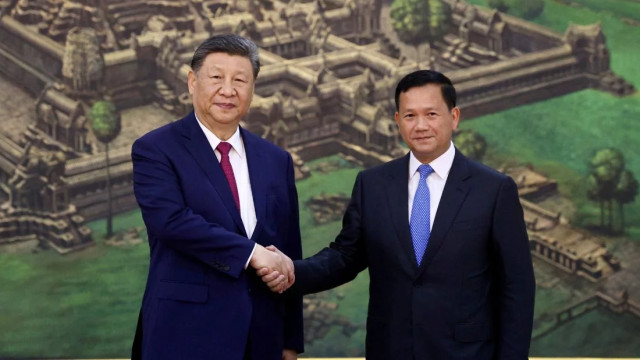
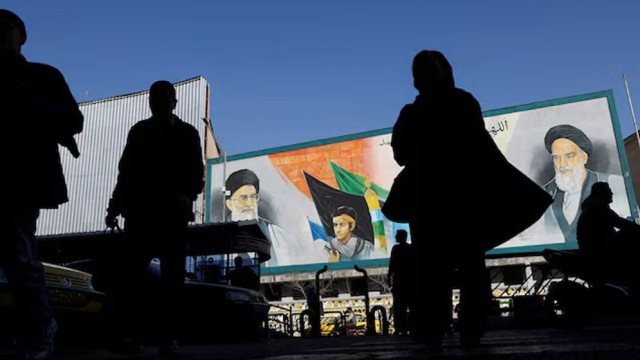


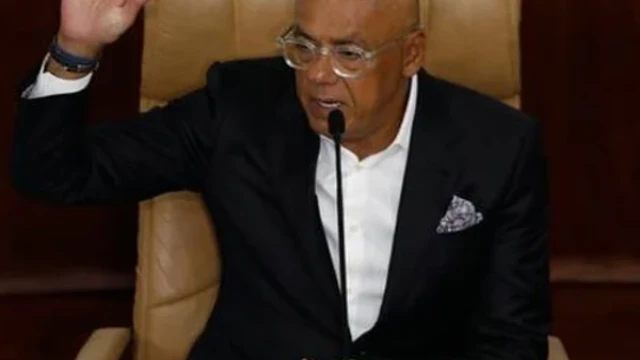

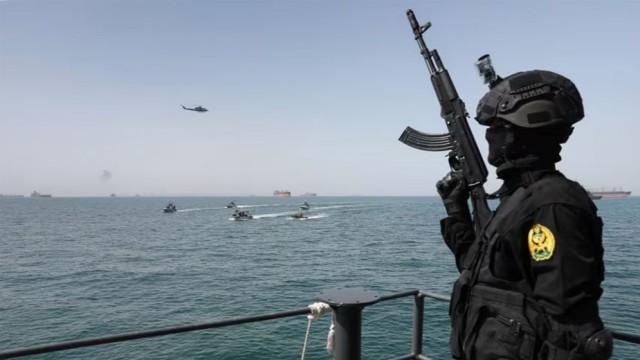
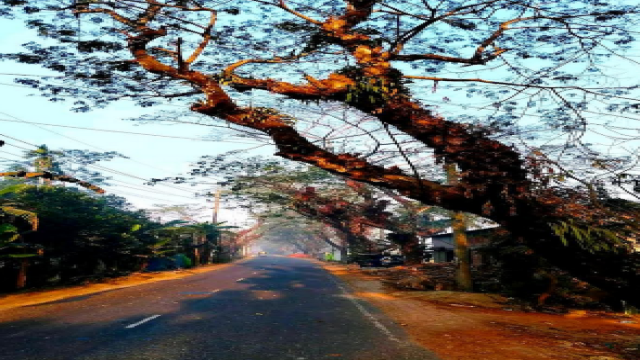
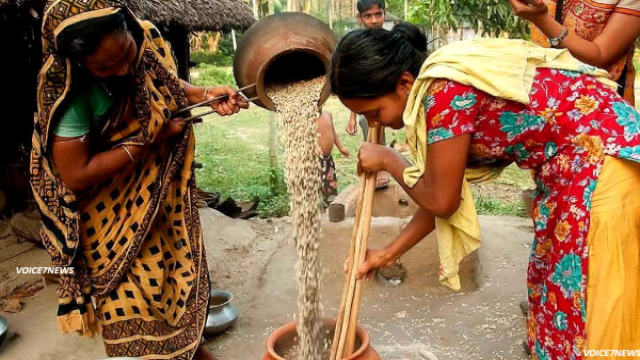


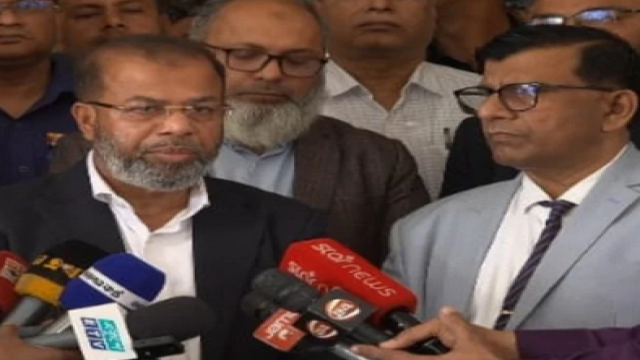

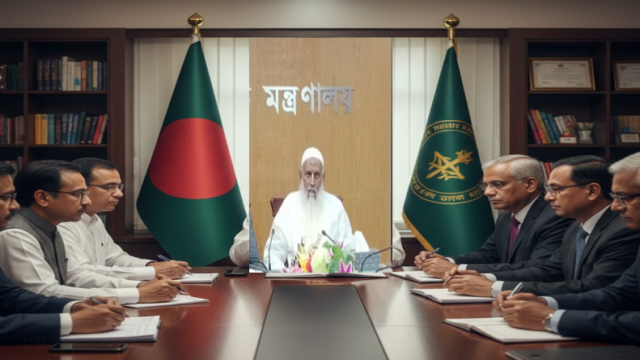

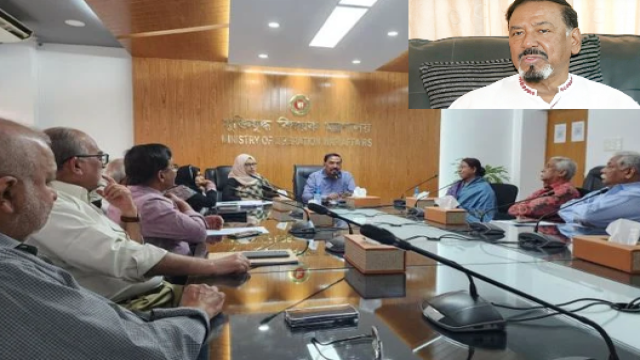












Comment: